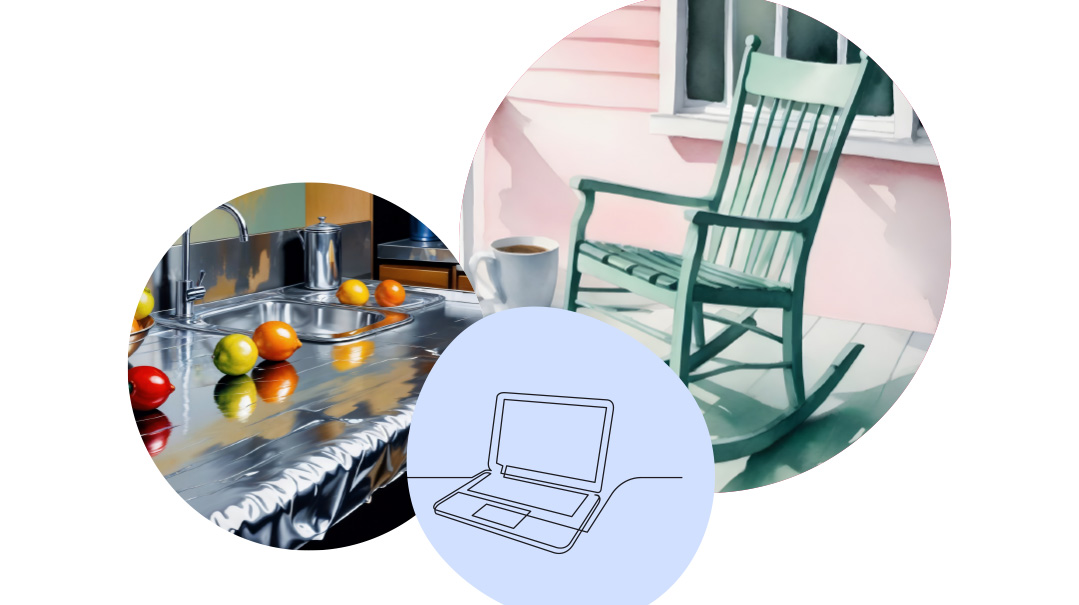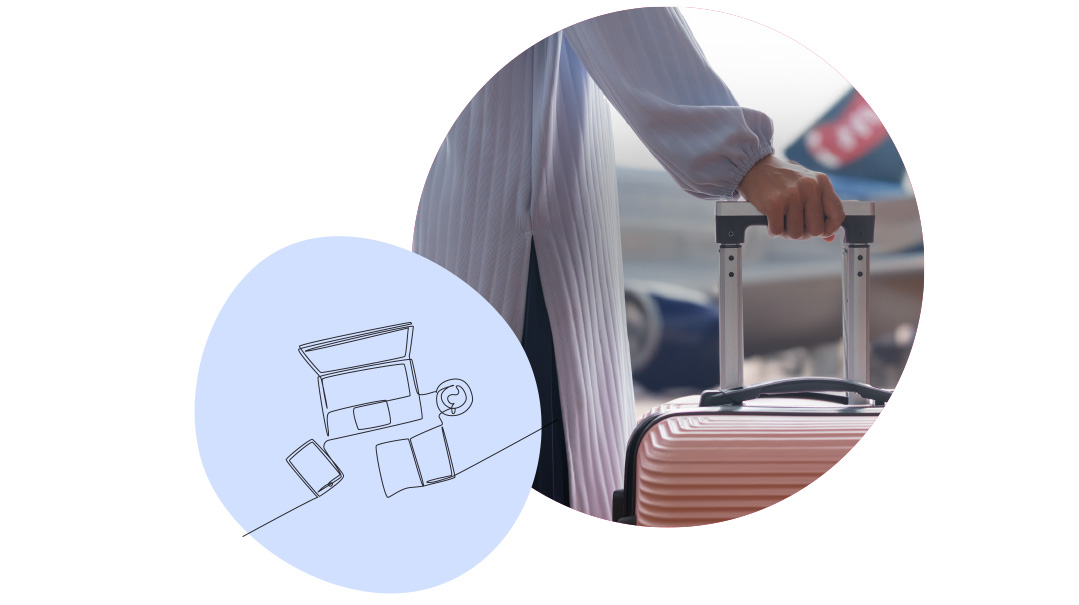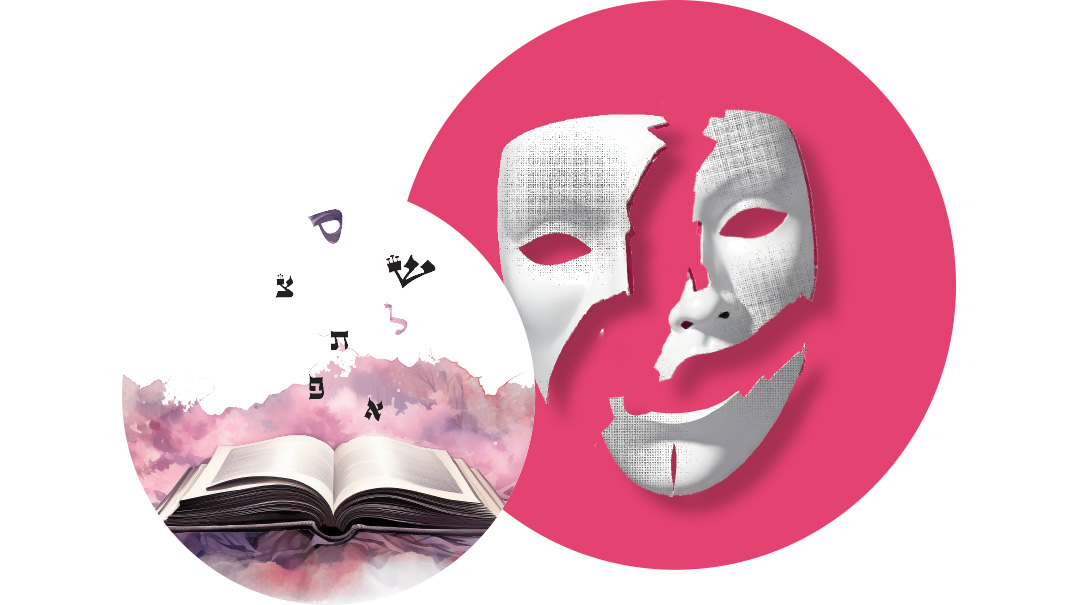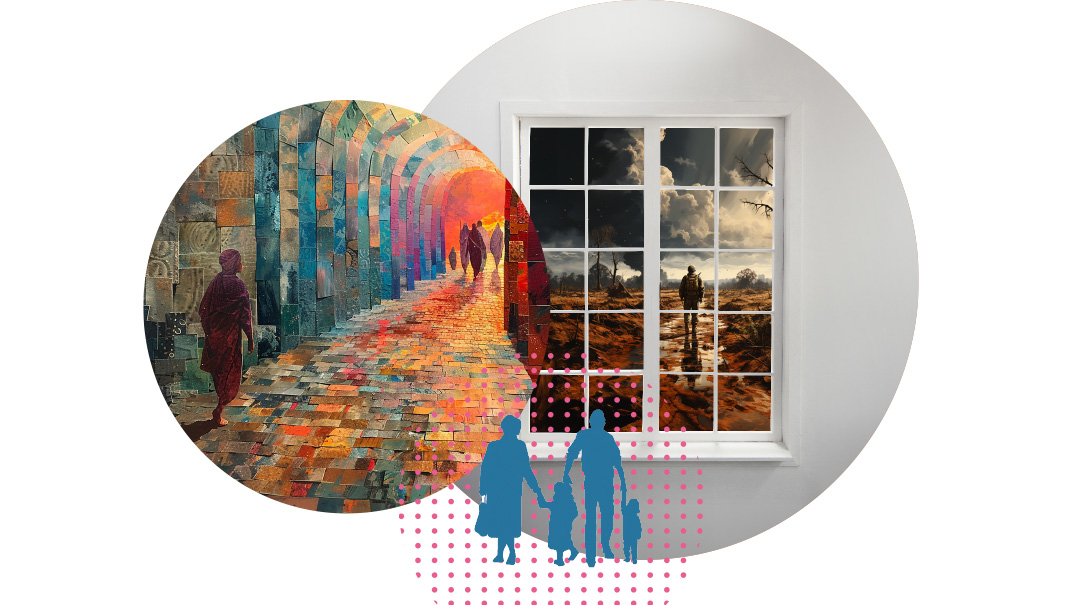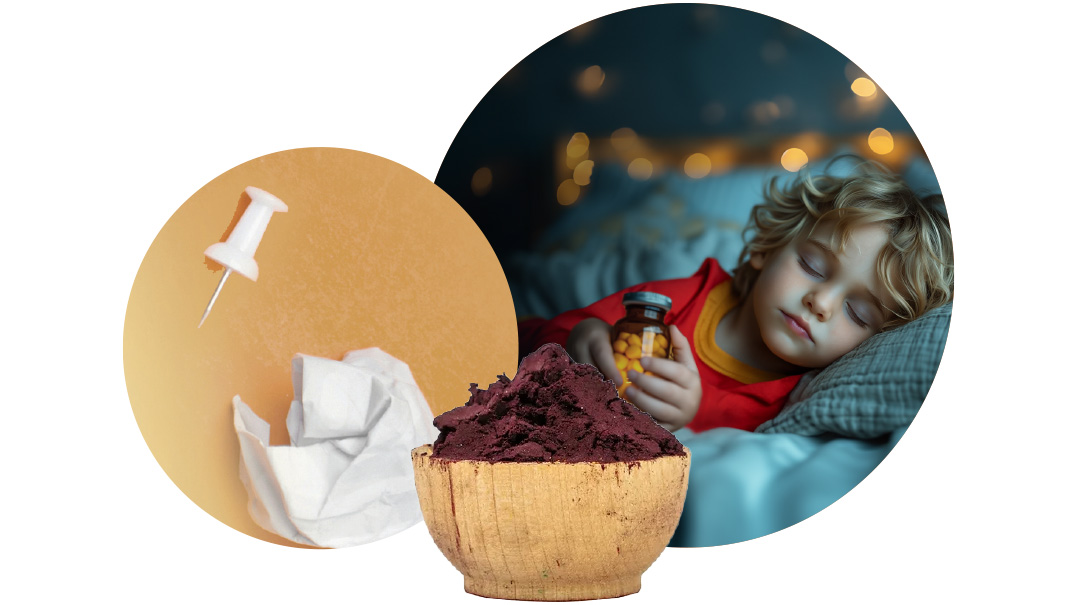Family First Inbox: Issue 815

“I’m happy for you that you're free from your obsessive thoughts — and even happier that you have no knowledge about real addiction”
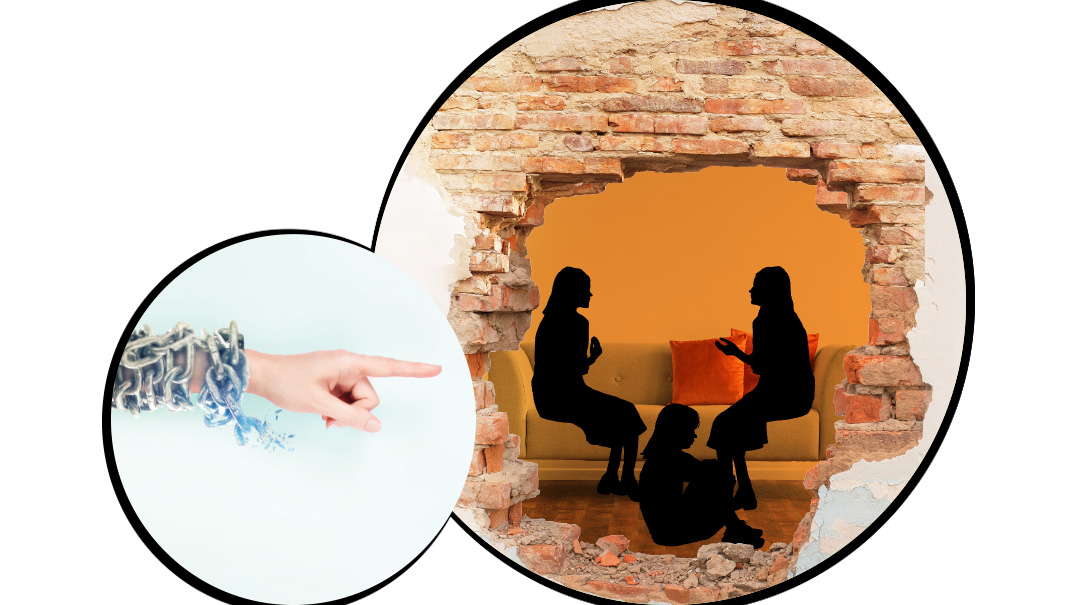
This Is Real Life [I’m Stuck / Issue 813]
I’m writing about the question from the woman who was concerned that her daughters-in-law shared age-inappropriate stories about pregnancy, etc., in front of her young daughter. I really appreciated that all three responders said that it’s better for kids to get their info in a safe way from family members.
Do they really think the alternative is better? What exactly are they afraid of? When these topics are so censored, kids end up feeling like there’s something inherently bad about them. Maybe it’s just because I was raised to be more open, but I genuinely can’t understand parents who try to make everything a secret. This is real life and your kids are a part of it.
Confused
Slap in the Face [Inbox / Issue 813]
I was at a loss for words after I read the letter titled “Learning from Divorce,” in which (I assume) a well-intentioned reader commented on an article about how to communicate with an ex, saying that she suggests learning from people’s divorces too.
Being divorced is a traumatic, overwhelming, exhausting, painful experience. To have someone who has never been divorced comment on how she benefits from others’ divorces is a slap in the face to every divorced man and woman reading her submission.
The fact that she starts off her response by saying she’s “happily married” and concludes with, “I say, learn from other people’s divorces and avoid your own to begin with!” is terribly tone-deaf. It highlights privilege, it contrasts with those who have suffered through a horrific ordeal, and then concludes with an obscene implication. To suggest divorce is something that can be avoided with some “common sense suggestions” is both obtuse and offensive. Were we divorcees just not savvy enough? Were our futures shattered because we just hadn’t brushed up on our communication skills?
Of course, everyone benefits from doing due diligence in order to set oneself up for the highest possible chance of a successful marriage. But this woman is in no position to draw these conclusions from the painful circumstances of others, in this tone, in a public format.
Emmi Polansky
Addiction Is Not Mental Illness [Inbox / Issue 812]
I want to respond to the letter signed “Free of Obsessive Thinking” in which the letter writer posited that addiction can often be the brain’s solution, the way her brain protected her from her emotions. The letter writer noted that once she addressed those emotions by finding their source, her own “addiction” — her obsessive thoughts — passed.
I’m so happy for you that you are free from your obsessive thoughts — and even happier that you have no knowledge about real addiction. As a wife of an addict whose husband has been through over $150,000 worth of therapy, this letter triggered me.
Addiction is not a mental illness; it’s a medical condition. There’s no point in finding the root of the problem; it’s like searching for the root of what caused diabetes and treating that, not the diabetes — the person might die in the meantime. Yes, it’s true that addicts present themselves as mentally ill, and that’s why it sometimes takes years of therapy to try to figure out the cause of an addict’s signs of anxiety, depression, OCD, ADHD, HSP, bipolar... these have all been part of my husband’s diagnoses over the past ten years. Yes, mental illnesses must be treated.
But treating addiction is a totally different ballgame. Addiction is not curable; it’s controllable! The only thing that can help an addict is for him to admit that he is an addict and join a 12-step program and constantly work the steps to control his addiction. It took me ten excruciating years of trial and error and being misguided by numerous therapists who viewed my husband’s addiction as a mental illness rather than a chronic medical disease.
I’m not blaming any of the therapists — they tried so hard to help us. We tried medication, holistic, CBT, coaching, marriage counseling, dayanim, rabbanim, segulos, research, reading magazines (publishers need to be careful never to post anything that may mislead readers), but to no avail. My husband only kept falling deeper.
It was only once we hit rock bottom and were on the verge of divorce that my therapist told me that it seemed to her that I was dealing with addiction. She’d never met my husband, who was in his own therapy at the time. It took a while for his therapist to agree with her assessment. Facing reality was very painful but we’d finally found the answer we’d been searching for.
Once he was diagnosed, we were referred to the appropriate 12-step program. It takes a lot of courage to expose yourself to others in your shoes, but the feeling of understanding and support is like an oasis in the desert. It’s not that life is blissful once you join a group — but it’s the beginning of living the truth. And yes, if both partners join a 12-step group and do their own work, you can live a beautiful, serene and sober life together.
A triggered survivor
Is Guilt Always a Minus? [Breaking the Chain / Issue 811]
We enjoyed your Yamim Noraim issues, which kept the conversation flowing and sparks flying throughout our respective seudos over the last month. And now it’s Isru Chag and here are two busy moms taking precious time from laundry, leftovers, and decoration storage to share our two cents.
We want to weigh in on growing up with a guilt-ridden mother, in response to the thought-provoking and beautifully nuanced article about breaking the generational cycle of guilt. You see, we’re two third-generation (at least) daughters of great and guilt-ridden imahos, yet we aspire to understand and emulate rather than cut loose (albeit as healthily as two Jewish girls can).
Aspects of the writer’s experience really resonated. We greatly respect her awareness in observing her reactions and examining her motives, which will surely have a positive impact on her family going forward.
But we still felt motivated to write because traditional Jewish guilt is far from simple. Guilt coming from a battered or brittle self-worth or a background of abuse is not what our letter is addressing.
It is about the recognizable and more standard guilted bubby, as depicted so well in the article, who takes on her loved ones’ problems as her own. The mother in the article could well have been our own, and in our mother’s defense, is this sort of “guilt” (if we stick with the writer’s message) always a minus?
Rather than psychoanalyze old-fashioned moms who are wrapped up with their families, we’d like to suggest that our families could use a bit more of that (discounting the disturbed minority sub-category delineated above). Fully “breaking that chain,” as the article suggested, may just be throwing out the baby with the bathwater.
No, we don’t run after hubby with a steaming insulated cup, and when a child forgets his sandwich or science project, we chalk it up to a learning moment. And our very identities are not as wrapped up with the well-being of our loved ones as our mother’s is. Is that truly coming from emancipation, health, and balance? Or might this be mixed with less dedication, more self-centeredness and attention splintered by busy work schedules and responsibilities out of the home?
The world has moved on to a different period from that of our mother’s, and we don’t pack the same assorted lunch options for our husband and kids; all members of our families are competent facing the washer and dryer from a relatively early age.
These are the necessities of our day, but we’ve also noticed an accompanying trend of criticizing the last generation. Perhaps this makes us feel better (or even superior) because today’s husbands of us oh-so-healthy wives have no one chasing them out to the car with a steaming cup of coffee and wishes for a better day…
And we think that’s a loss.
Two Daughters of Great Guilt-Ridden Imahos
(Originally featured in Family First, Issue 815)
Oops! We could not locate your form.

